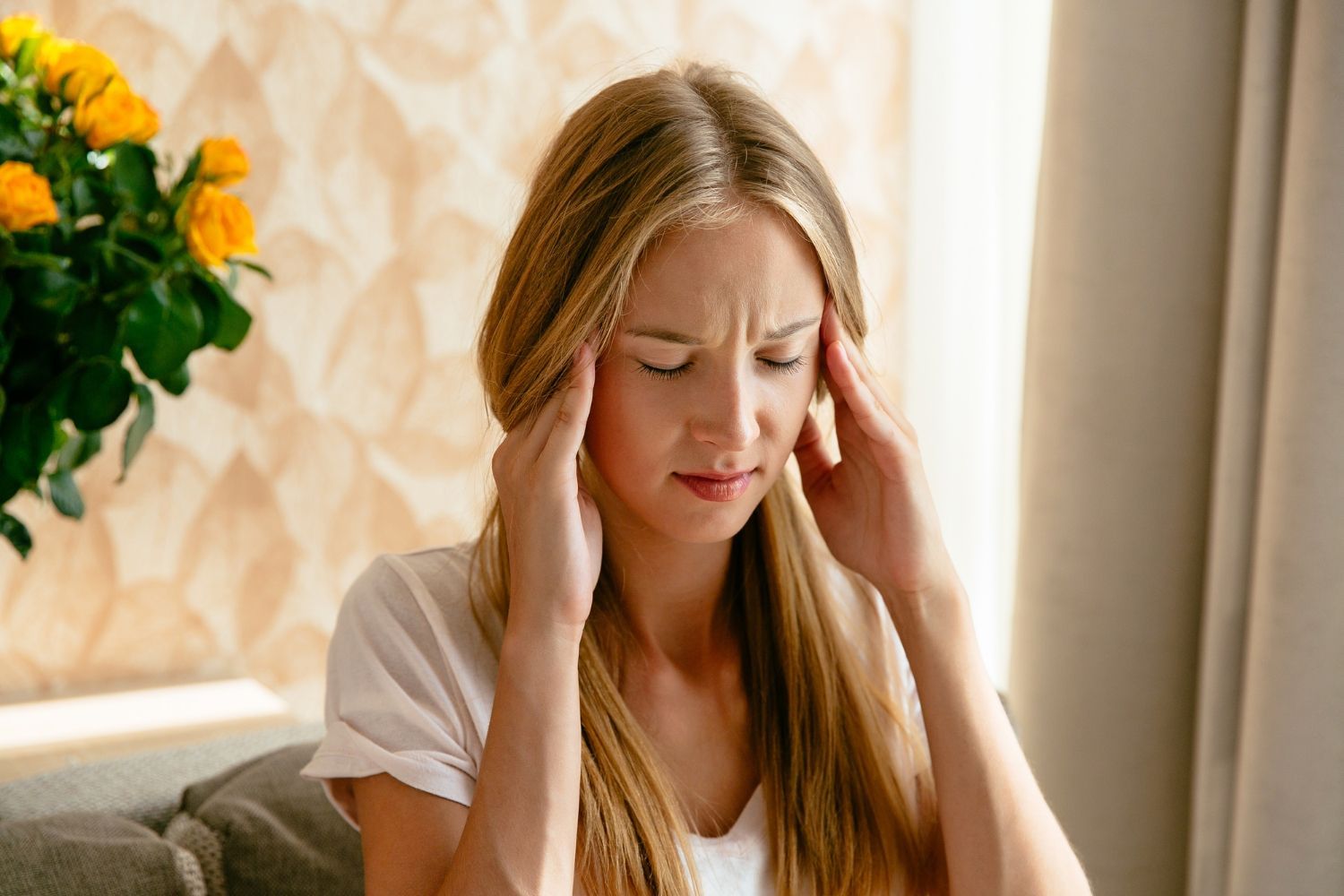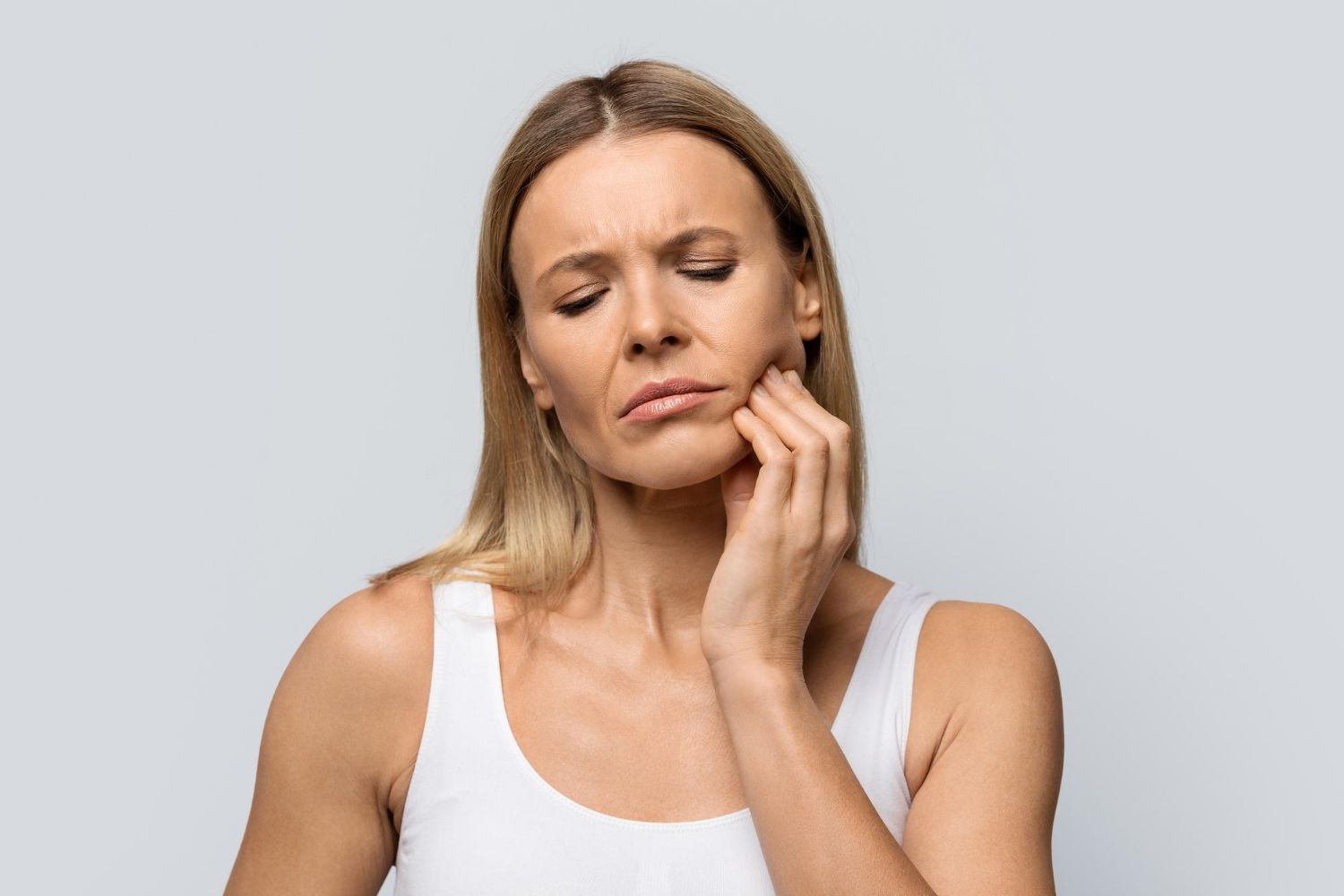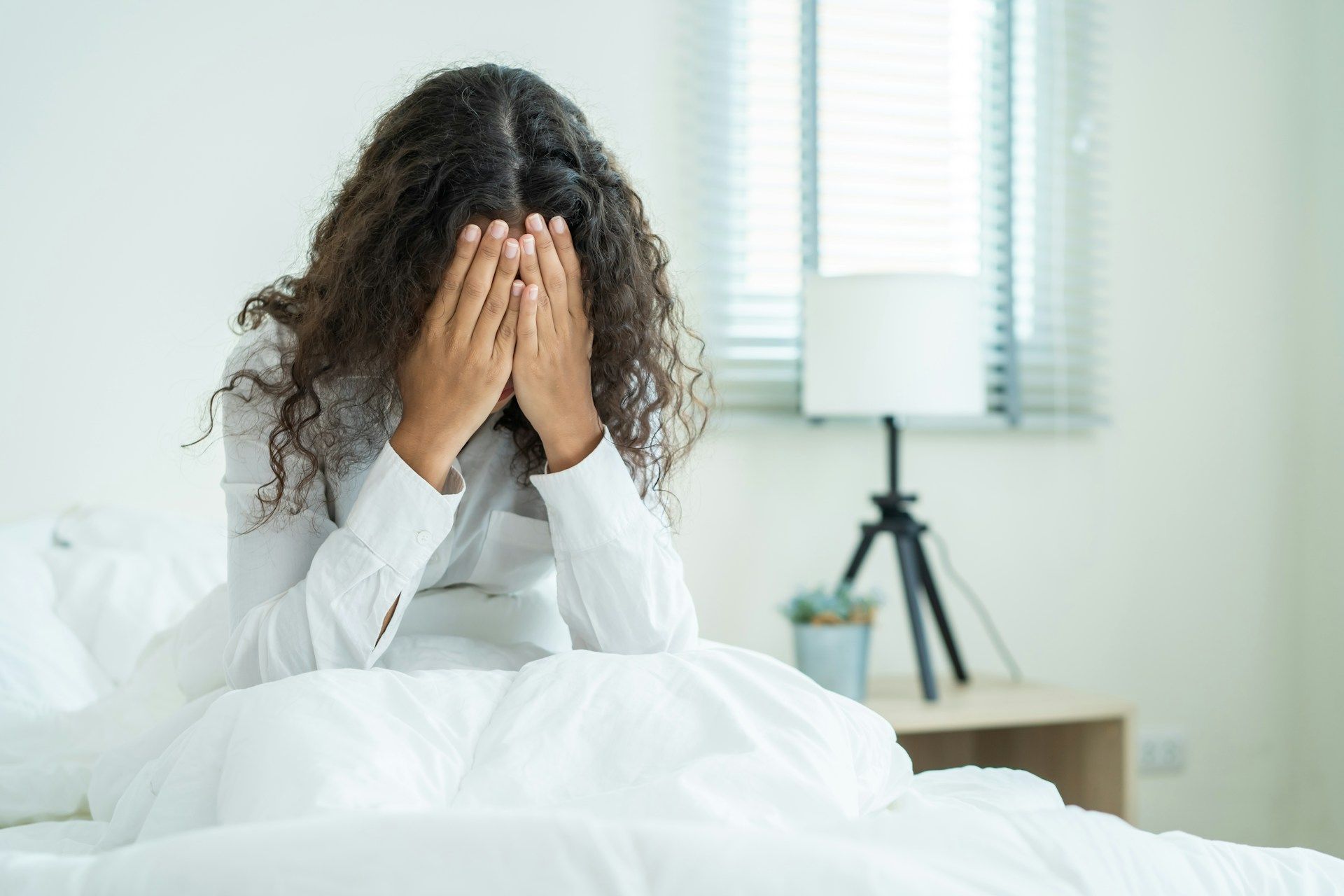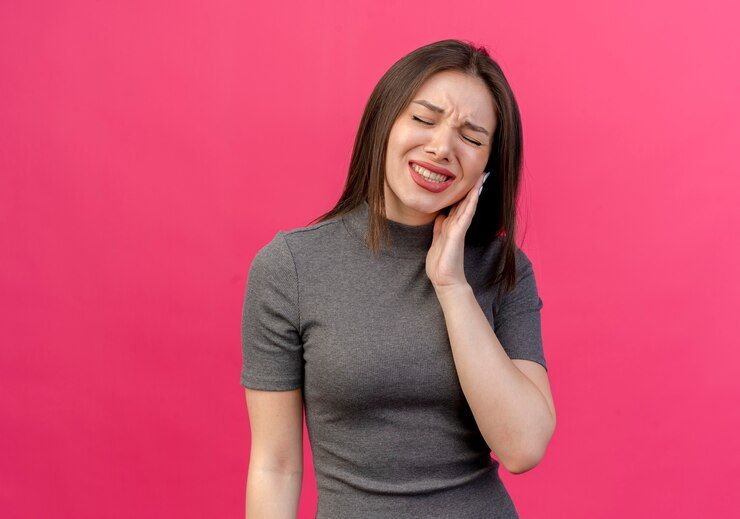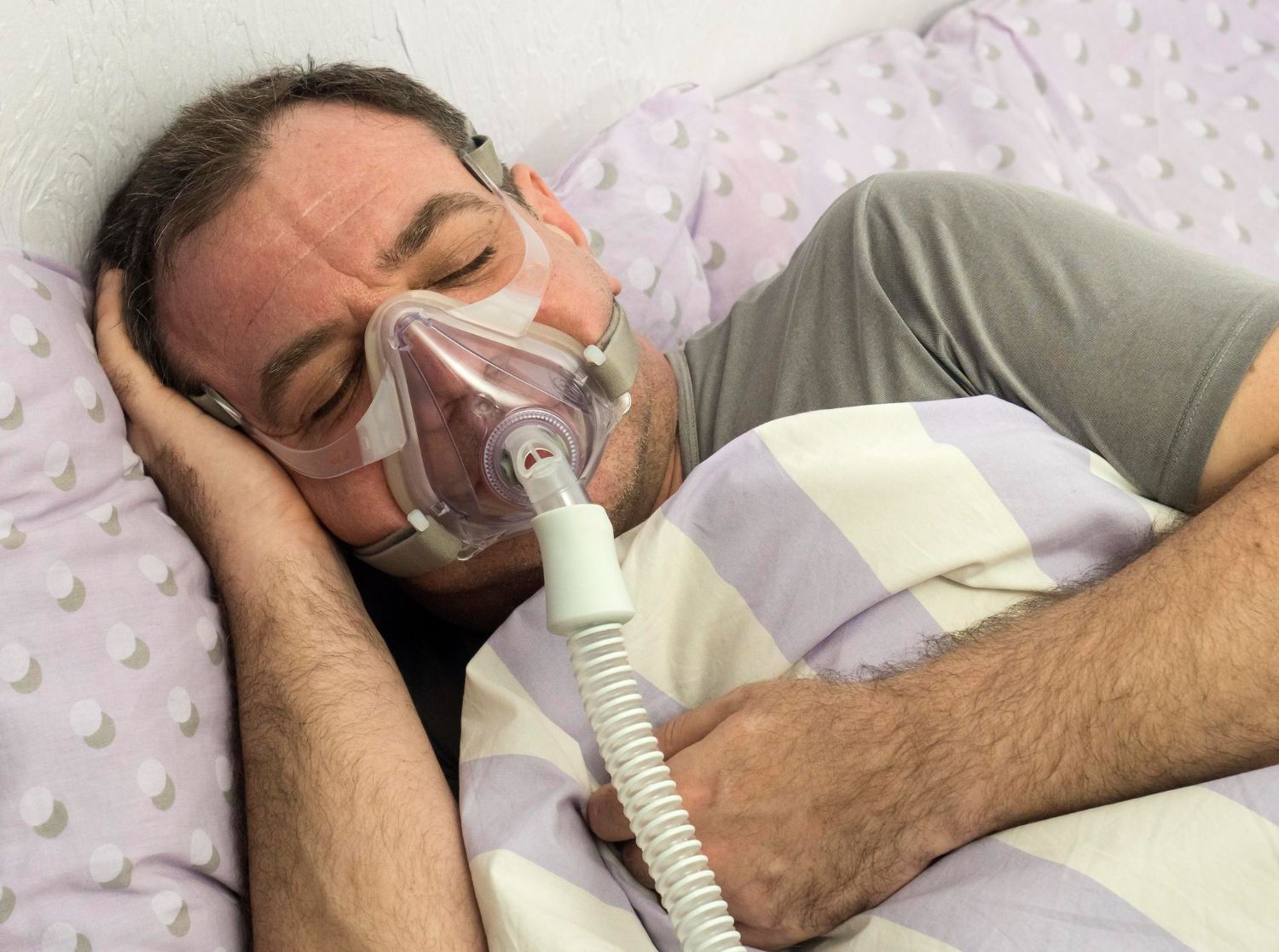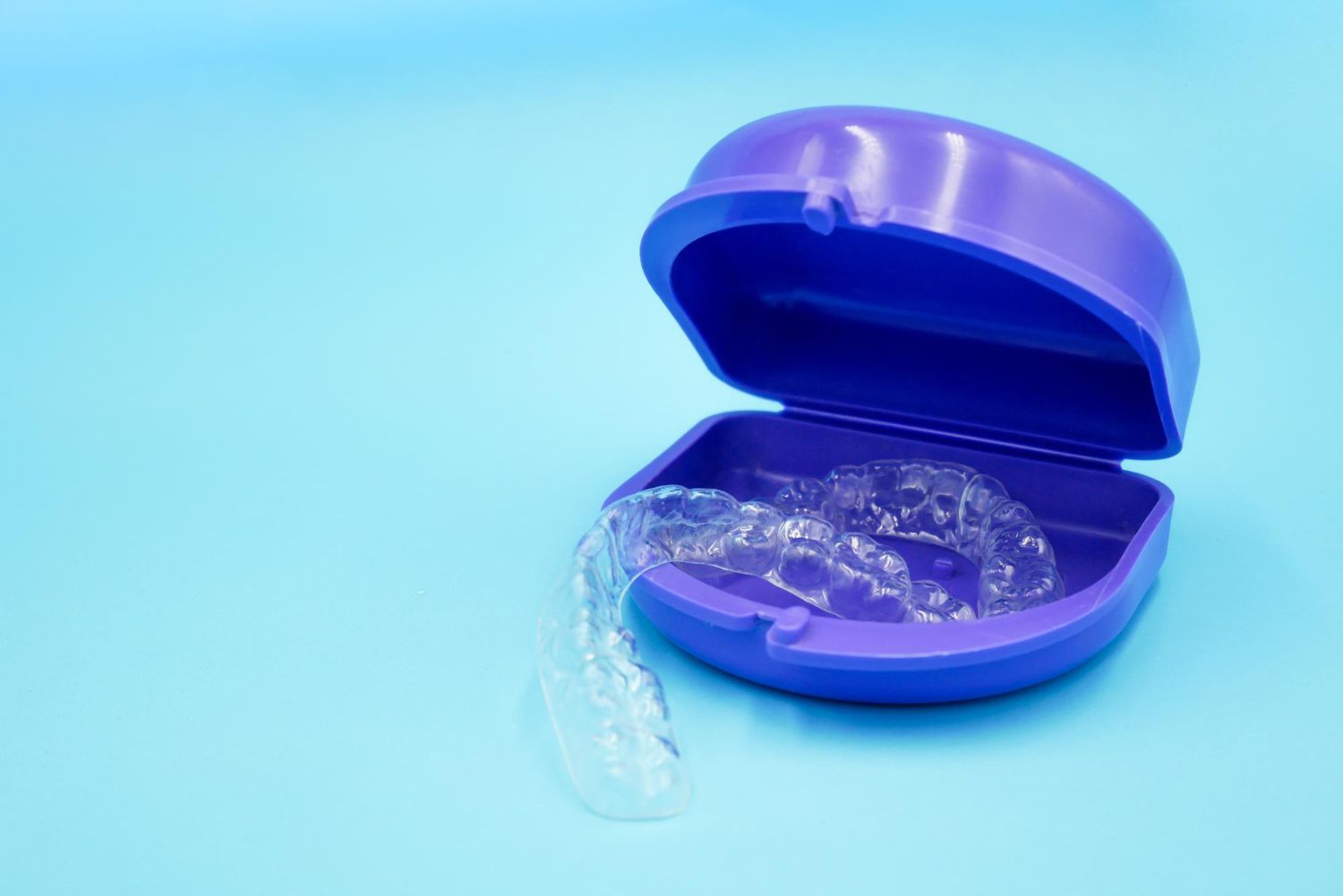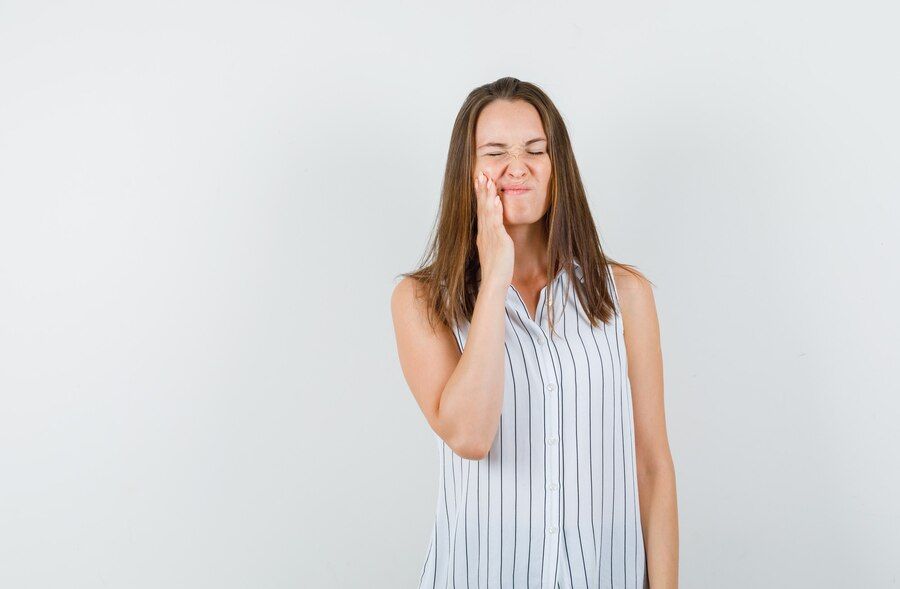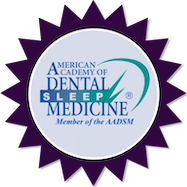Navigating Sleep Apnea in Women: How to Identify Symptoms and Risk Factors
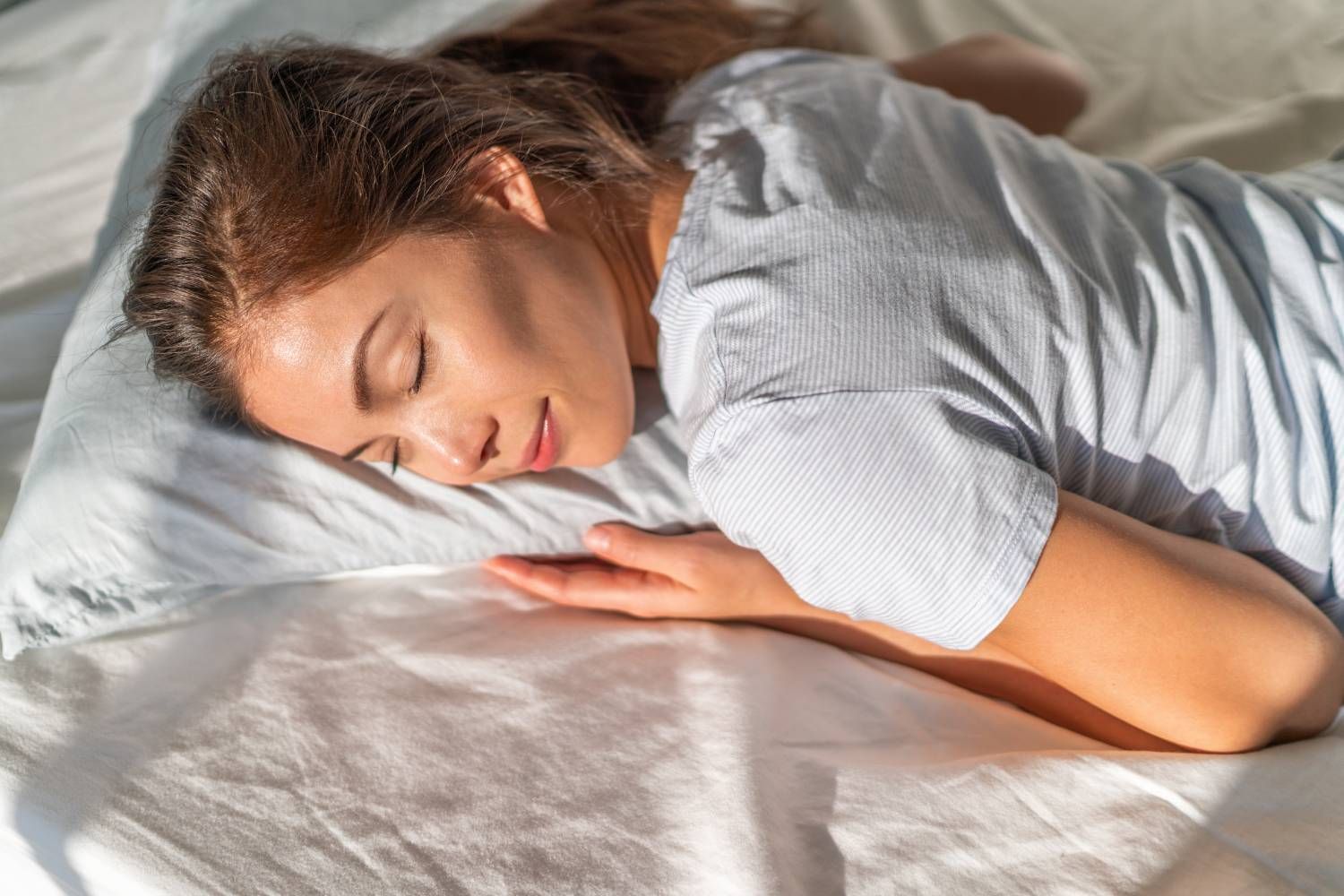
Sleep apnea, a common yet often underdiagnosed sleep disorder, affects millions of people worldwide. While the condition is frequently associated with men, it's essential to recognize that women also experience sleep apnea, with unique symptoms and risk factors that may result in delayed diagnosis and treatment. A thorough understanding of sleep apnea in women can lead to earlier intervention and improvement in sleep quality, overall health, and well-being.
If you're a woman struggling with sleep-related difficulties, suspect you may be experiencing sleep apnea, or are seeking support and guidance in managing your sleep health, Fuller Sleep & TMJ Solutions is here to help. Our dental sleep professionals are committed to providing the highest quality care tailored to women's needs in the context of sleep apnea, helping you navigate and overcome sleep-related challenges with confidence and ease.
With Fuller Sleep & TMJ Solutions' expertise and a more profound understanding of sleep apnea as it relates to women, you can embark on a journey towards better sleep, improved health, and a vibrant, energized life. Together, we can help you tackle sleep apnea head-on, fostering a sense of empowerment and well-being that extends beyond the bounds of nighttime rest.
Unique Symptoms of Sleep Apnea in Women
While many symptoms of sleep apnea are consistent across genders, such as loud, persistent snoring, gasping or choking during sleep, and excessive daytime fatigue, women may exhibit additional or alternative symptoms that can make diagnosis more challenging. Some unique symptoms of sleep apnea in women include:
- Insomnia: Women with sleep apnea may struggle with falling asleep or staying asleep throughout the night, leading to insomnia and disrupted sleep patterns.
- Restless Legs Syndrome (RLS): Women experiencing sleep apnea may also suffer from restless legs syndrome, a condition characterized by an overwhelming urge to move the legs during rest.
- Disrupted or Irregular Menstrual Cycles: Sleep apnea in women can negatively impact hormone regulation, leading to irregular or disrupted menstrual cycles.
- Nocturnal Reflux: Women with sleep apnea may also experience nocturnal reflux or GERD (gastroesophageal reflux disease), resulting in heartburn and discomfort during sleep.
- Distinctive Snoring Patterns: Unlike men, who typically exhibit loud and deep snoring, women's snoring may be softer and less consistent, which can often go unnoticed or be dismissed as a less severe issue.
Risk Factors for Sleep Apnea in Women
Though the primary risk factors for sleep apnea, such as obesity and a family history of the condition, are consistent between men and women, some risk factors are uniquely related to women's physiology and life stages. These risk factors include:
- Menopause: Hormonal changes during menopause can contribute to the development of sleep apnea by increasing the likelihood of weight gain and reducing muscle tone in the airway.
- Polycystic Ovary Syndrome (PCOS): Women with PCOS exhibit higher rates of sleep apnea due to hormonal imbalances and commonly associated insulin resistance and weight gain.
- Pregnancy: The physical and hormonal changes that occur during pregnancy can increase a woman's risk of developing sleep apnea, including weight gain, fluid retention, and increased relaxin hormone levels that can cause airway tissue to become more pliable.
- Thyroid Disorders: Women with hypothyroidism or other thyroid disorders may be at an increased risk for sleep apnea. Swelling in the tissues of the neck, weight gain, and reduced muscle tone in the airway can contribute to the development of the condition.
Treatment Options for Women with Sleep Apnea
At Fuller Sleep & TMJ Solutions, we provide a range of personalized treatments designed to effectively address sleep apnea in women. Some of the treatment options available include:
- Custom Oral Appliances: Tailored to fit comfortably within a woman's mouth, oral appliances can shift the lower jaw or tongue's position to alleviate airway obstruction and promote better breathing during sleep.
- Weight Loss and Exercise: Encouraging healthy weight-loss strategies and regular exercise, particularly resistance training, can reduce the risk and severity of sleep apnea in women.
- Hormonal Management: In some cases, addressing underlying hormonal imbalances related to menopause, PCOS, or thyroid disorders can alleviate sleep apnea symptoms. We encourage our patients to speak with a specialist to help them regulate their hormones.
- Alternative Therapies: Complementary treatments such as positional therapy, using a specialized pillow to prevent back-sleeping, or practicing yoga for breathing and relaxation techniques can support the management of sleep apnea in women.
The Importance of Early Diagnosis and Treatment
Due to the unique symptoms and risk factors associated with sleep apnea in women, diagnosis can often be delayed. Early identification and treatment are vital to prevent further complications, such as cardiovascular disease, hypertension, and decreased quality of life.
Decoding Sleep Apnea: A Focus on Women's Health
Understanding the unique challenges posed by sleep apnea in women is crucial for achieving better sleep quality and overall health. By recognizing the distinct symptoms and risk factors among women and seeking appropriate care from dental sleep professionals at Fuller Sleep & TMJ Solutions, you can foster a more comprehensive, tailored approach to managing sleep apnea.
Women experiencing sleep apnea deserve personalized and compassionate care that accounts for their unique needs and experiences. At Fuller Sleep & TMJ Solutions, our dental sleep professionals are dedicated to understanding these differences and providing the most effective treatment options.
If you suspect you may be experiencing sleep apnea or are struggling with sleep-related difficulties, our center for sleep apnea and TMJ is here to help, empowering you to reclaim restful sleep and enjoy a healthy, vibrant life.

